|
Management of Diverticulitis in 2017
|
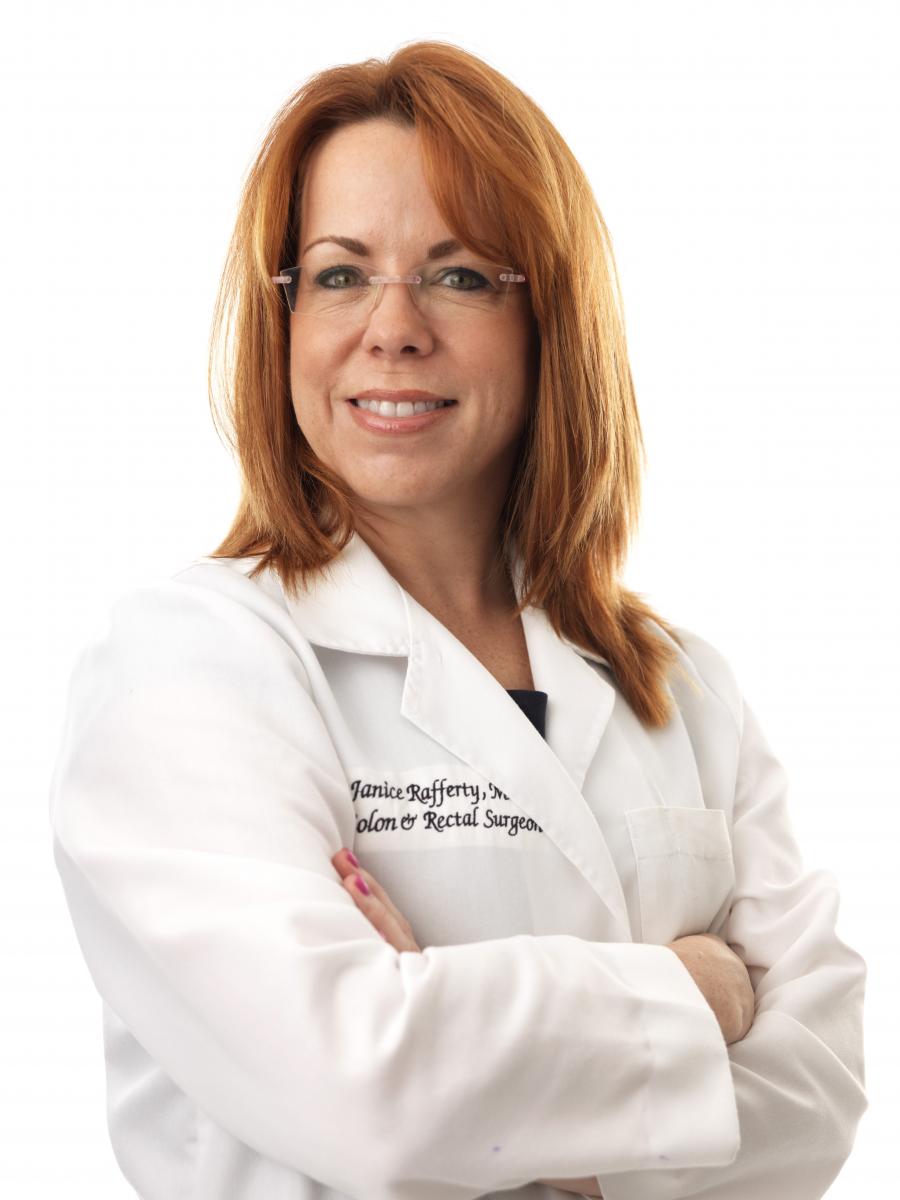 |
Original webinar date: November 9, 2017
Moderator: by Janice Rafferty, MD
Speakers: Kelli Bullard Dunn, MD, and Jason Hall, MD
|
|
Get the webinar recording.
Please log in to your member account before clicking this link.
|
This webinar reviewed current strategies for the evaluation and management of the patient with diverticular disease in both the acute and elective clinical setting. The role of surgery in the management of diverticular disease has evolved, with signifcant changes in the algorithm for indication, timing and choice of surgical interventions. The option to utilize minimally invasive surgical techniques has impacted the surgeon’s approach and the patient’s willingness to undergo intervention for diverticular disease. Longstanding recommendations for management of both uncomplicated and complicated diverticulitis have been challenged and were reviewed and debated during this webinar.
Upon completion of this program, participants should be able to:
- Explain when surgical intervention is indicated.
- Explain non-operative management strategies.
- Realize the role of minimally invasive interventions.
All identified conflicts of interest have been resolved.
Dr. Janice Rafferty: LifeCell, Honorarium, Speaking (spouse); Novadaq, Honorarium, Speaking.
The following have no relevant financial relationships to disclose:
Kelli Bullard Dunn, MD
Jason Hall, MD
|
Robotic Surgery: What is the Future?
|
 |
Original webinar date: Sept. 14, 2017
Moderator: by Alessio Pigazzi, MD
Speakers: Amir Bastawrous, MD, and Vincent Obias, MD
|
|
Get the webinar recording.
Please log in to your member account before clicking this link.
|
This webinar discussed the background of robotic colon and rectal surgery, the need for robotic surgery in our field, and touch on recent publications central to robotic colon and rectal surgery. It also focused on future robotic platforms that may affect the field of colon and rectal surgery.
Upon completion of this program, participants should be able to:
- Explain the benefits of robotics in colon and rectal surgery.
- Explain recent literature associated with robotic colon and rectal surgery.
- Recognize upcoming robots that may be useful in colon and rectal surgery.
All identified conflicts of interest have been resolved.
Dr. Alessio Pigazzi: Medtronic, Honorarium, Teaching; Ethicon, Honorarium, Teaching
Dr. Vincent Obias: Intuitive Surgical, Consulting fee, Teaching
Dr. Amir Bastawrous: Intuitive, Honorarium, Speaking, Teaching
This program is not eligible for CME.
|
Enhanced Recovery After Surgery (ERAS): What Really Matters?
|
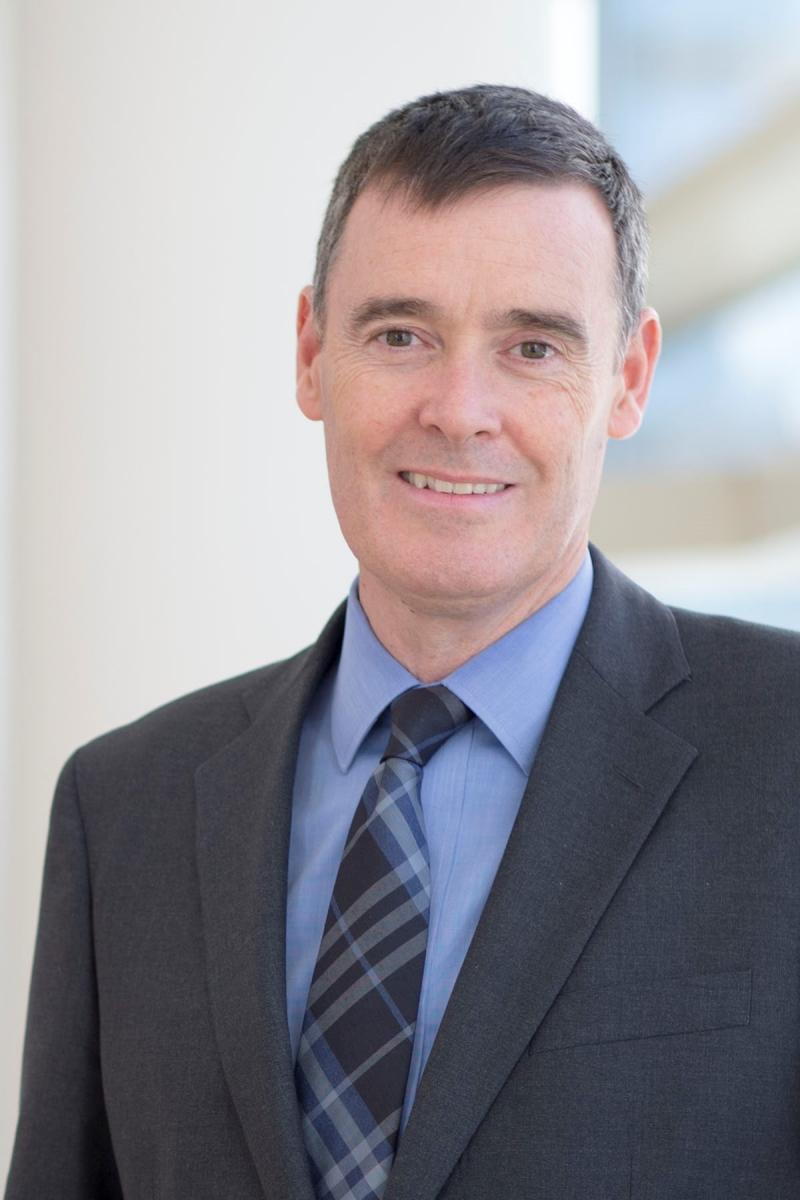 |
Moderated by Conor Delaney, MD, PhD
Speakers: Stefan Holubar, MD, and Julie Thacker, MD
Original webinar date: July 20, 2017 |
|
Get the webinar recording.
Please log in to your member account before clicking this link.
|
Enhanced recovery pathways (ERPs) have evolved significantly since initially described about 18 years ago. The name change from “Fast-Track Pathways” alone complements the emphasis on improving how the patient does. Other evolutions have increased the collaboration between providers, so that ERPs embody a collaboration between surgeons, anesthesiologists and nursing to maximize patient recovery. Whilst the best results have not improved hugely over those published 15 years ago, what has changed is that more centers and teams are able to use these pathways with more consistency, helping us approach the concept of “high-reliability” medicine. Most ERPs reduce hospital stays by two of more days, reduce non-surgery related complications and reduce the resources required to provide care. Increasingly over the last five years, studies report patients well enough to be discharged within 24 hours of surgery, demonstrating the dramatic changes accomplished in the last two decades. This webinar reviewed the current state of pathways for enhancing recovery after surgery.
Upon completion of this program, participants should be able to:
- Recall the background to enhanced recovery protocols.
- Describe the methods of application of enhanced recovery protocols.
- Identify the improvements in outcome after surgery using enhanced recovery protocols.
All identified conflicts of interest have been resolved.
Dr. Conor Delaney: Merck, Consulting Fee, Speaking; Recto Pharma, Consulting Fee, Consulting
Dr. Julie Thacker: Medtronic, Consulting Fee, Consulting and Speaking; Edwards LifeScience, Consulting Fee, Consulting and Speaking; Mallinckrodt, Consulting Fee, Consulting and Speaking; Pacira, Consulting Fee, Consulting and Speaking; Merck, Consulting Fee, Consulting and Speaking
Dr. Stefan Holubar: Emmi, Pacira, Mallikrodt, The Medicines Co., Trevana, Honorarium, Advisory Council; ASER Guide to Enhanced Recovery for Abdominopelvic Surgery, Royalty, Editor, Expert Witness, Consulting Fee, Consulting
|
Management of Complex Anal Fistula Disease
|
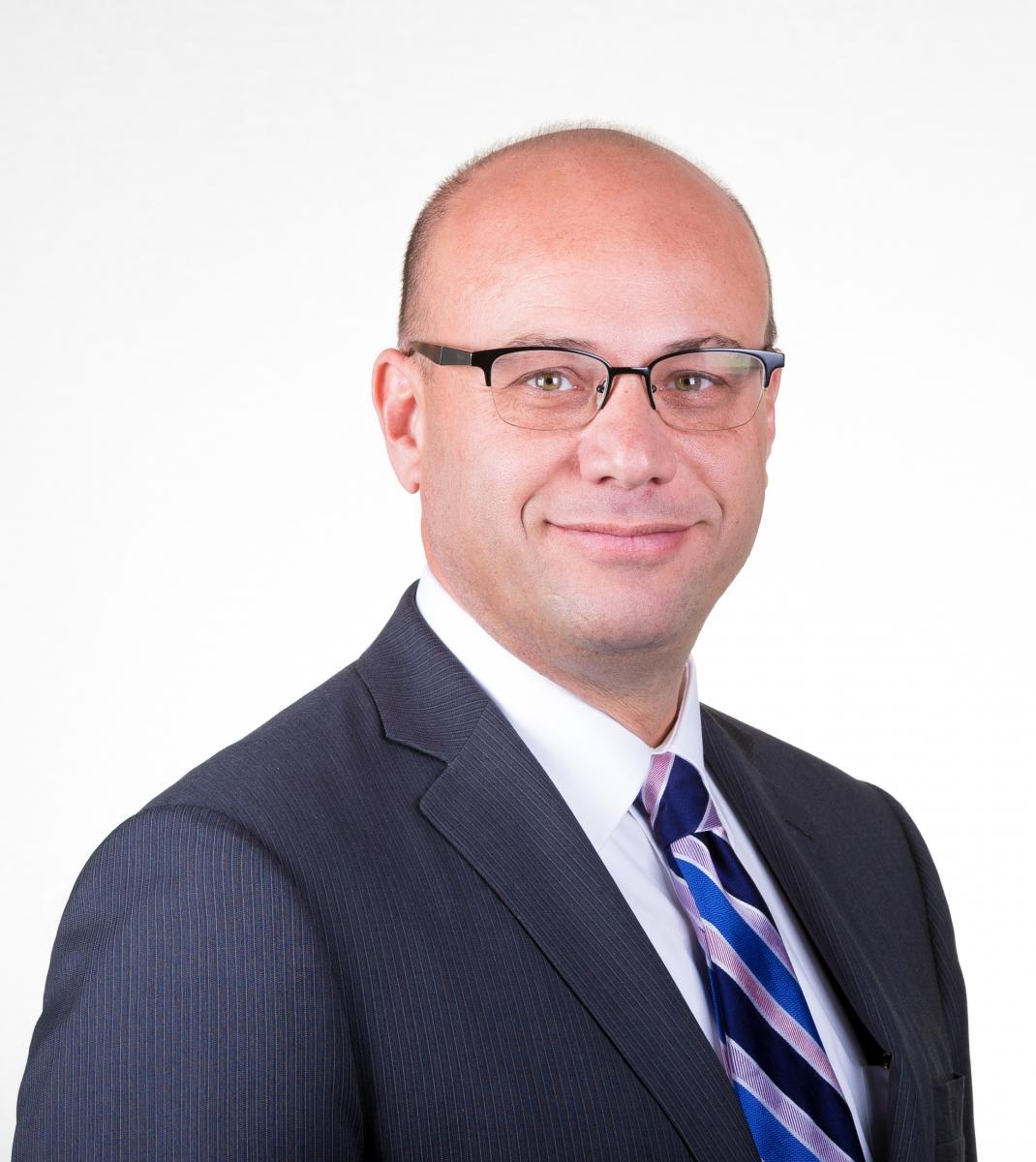 |
Original webinar date: May 11, 2017
Moderator: Maher Abbas, MD
Speakers: Jean Ashburn, MD, and Joshua Bleier, MD
|
|
Get the webinar recording.
Please log in to your member account before clicking this link.
|
This webinar used case illustrations to highlight complex anal fistula disease and to delineate work-up, management, and various treatment options.
Upon completion of this program, participants should be able to:
- Explain the most common classification of anal fistula.
- Delineate work-up options.
- Discuss various treatment options.
All identified conflicts of interest have been resolved.
Dr. Joshua Bleier: Medtronic: Honorarium; Cook Biotech: Honorarium, Teaching
The following have no relevant financial relationships to disclose:
Maher Abbas, MD
Jean Ashburn, MD
|
Surgery for Crohn's Disease
|
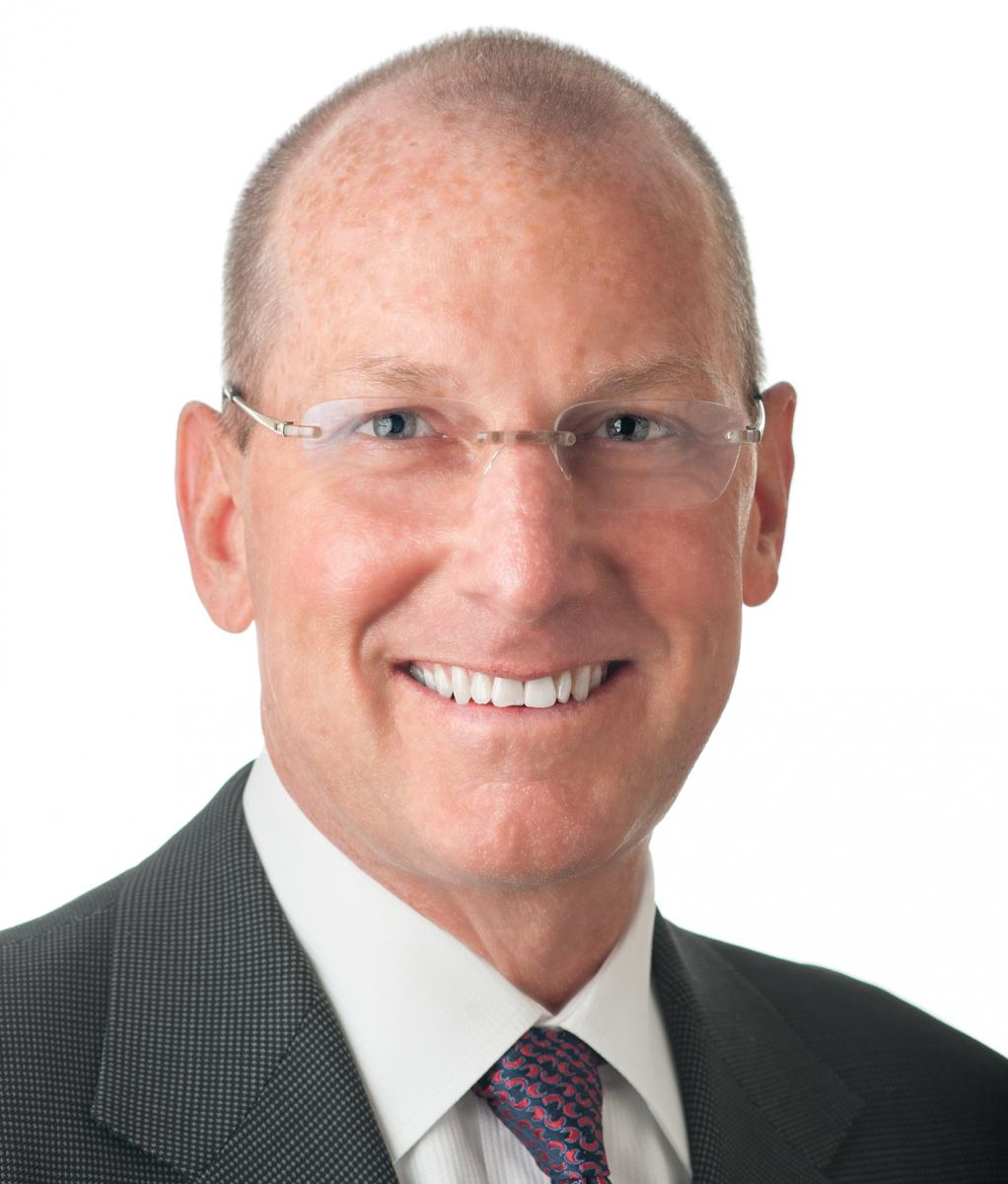 |
Original webinar date: February 8, 2017
Moderator: Scott Strong, MD
Speakers: David Dietz, MD, and Alessandro Fichera, MD
|
|
Get the webinar recording.
Please log in to your member account before clicking this link.
|
Available in CREST®, this webinar focused on the different surgical approaches available for treatment of Crohn's disease throughout the G.I. tract. Speakers also discussed the indication for surgery, as well as the medical management before and after surgery in regard to long-term outcomes.
Upon the completion of the program, participants should be able to:
- Explain the medical optimization in the preoperative settings.
- Discuss the different surgical strategies and adapt them to the different segments of the G.I. tract.
- Facilitate multidisciplinary interaction between surgery, gastroenterology, radiology and wound and ostomy nurses.
This webinar is available in CREST. Access CREST via the Online Learning Center.
All identified conflicts of interest have been resolved.
The following have no relevant financial relationships to disclose:
David Dietz, MD
Alessandro Fichera, MD
Scott Strong, MD
|
Fecal Incontinence
|
 |
Original webinar date: December 8, 2016
Moderator: Andreas Kaiser, MD
Speakers: Tracy Hull, MD, and Dana Sands, MD
|
|
Get the webinar recording.
Please log in to your member account before clicking this link.
|
Available in CREST®, the webinar discussed that fecal incontinence affects a large number of patients, is widely underreported and often undiagnosed by physicians. The impact on quality of life can be devastating. Traditional treatments with antimotility agents, bulking agents, biofeedback, and sphincteroplasty (in appropriate cases) leave many patients still having significant problems. This webinar will focus on the management of patients with fecal incontinence, with an emphasis on appropriate diagnosis and the use of newer treatment options for this vexing problem.
Upon the completion of the program, participants should be able to:
- Recognize the work up for fecal incontinence.
- List three nonsurgical treatments for fecal incontinence.
- List the surgical options and when they should be considered.
All identified conflicts of interest have been resolved.
Andreas Kaiser - Olympus: Honorarium, Speaking; McGraw Hill: Publisher, Royalty, Author; Uptodate: Royalty, Review Panel
Tracy Hull: Elsevier: Royalty, 2011 Editor of Board
The following have no relevant financial relationships to disclose:
Dana Sands, MD
|
Management of Rectal Cancer in the 21st Century
|
 |
Original webinar date: September 14, 2016
Moderator: Kyle Cologne, MD
Speakers: James Fleshman, MD, and David Larson, MD
|
|
Get the webinar recording.
Please log in to your member account before clicking this link.
|
Now available in CREST®, the webinar presenters – Drs. James Fleshman and David Larson – explained the technical "how-tos" of high quality rectal cancer surgery and discussed implications for the future - including the role of laparoscopic surgery. A Q&A session followed the presentation.
Upon the completion of the program, participants should be able to:
- Explain techniques that will allow for a safer, more complete resection for rectal cancer.
- Identify quality issues in rectal cancer surgery.
- Distinguish oncologic principles of rectal cancer surgery.
All identified conflicts of interest have been resolved.
Kyle Cologne: Olympus: Course Faculty, Consultant
The following have no relevant financial relationships to disclose:
James Fleshman, MD
David Larson, MD
|
Socioeconomic Update: What the Future Holds
|
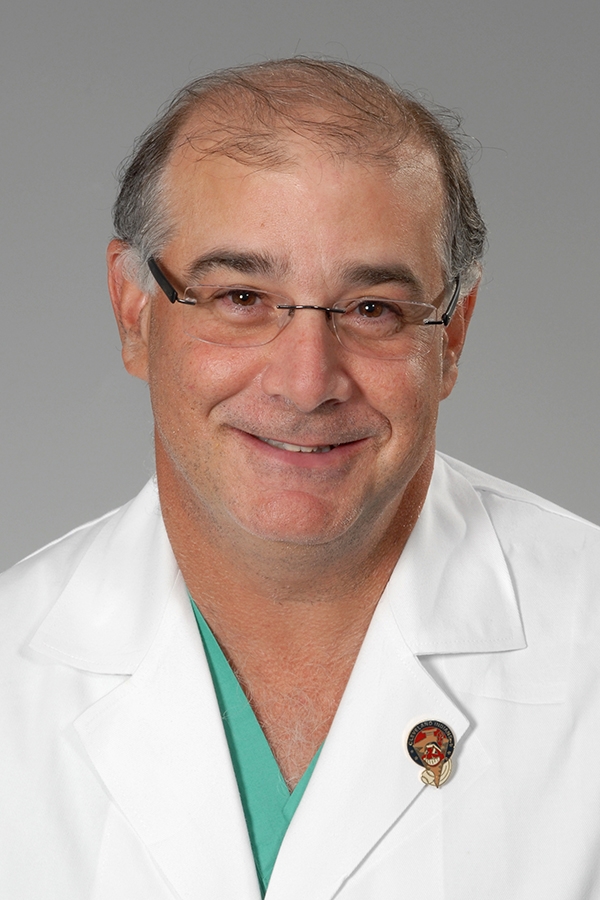 |
Original webinar date: June 22, 2016
Moderator: by David Margolin, MD
Speakers: Frank Opelka, MD and Guy Orangio, MD
|
This webinar focused on Healthcare reform which is an ongoing issue. In 2010, Congress passed the Patient Protection and Affordable Care Act, and in 2015 repealed the SGR and passed the Medicare Access and Children’s Health Insurance Plan (CHIP) Reauthorization Act. These reforms have paved the way for unprecedented changes in healthcare access, delivery and payment. During the webinar, Drs. Frank Opelka and Guy Orangio explained the impact of this groundbreaking legislation on the practicing physician.
All identified conflicts of interest have been resolved.
The following have no relevant financial relationships to disclose:
David Margolin, MD
Frank Opelka, MD
Guy Orangio, MD